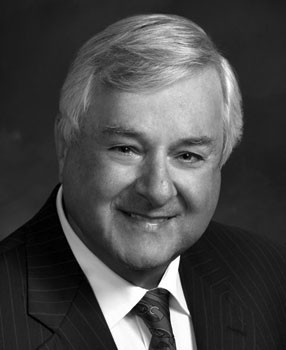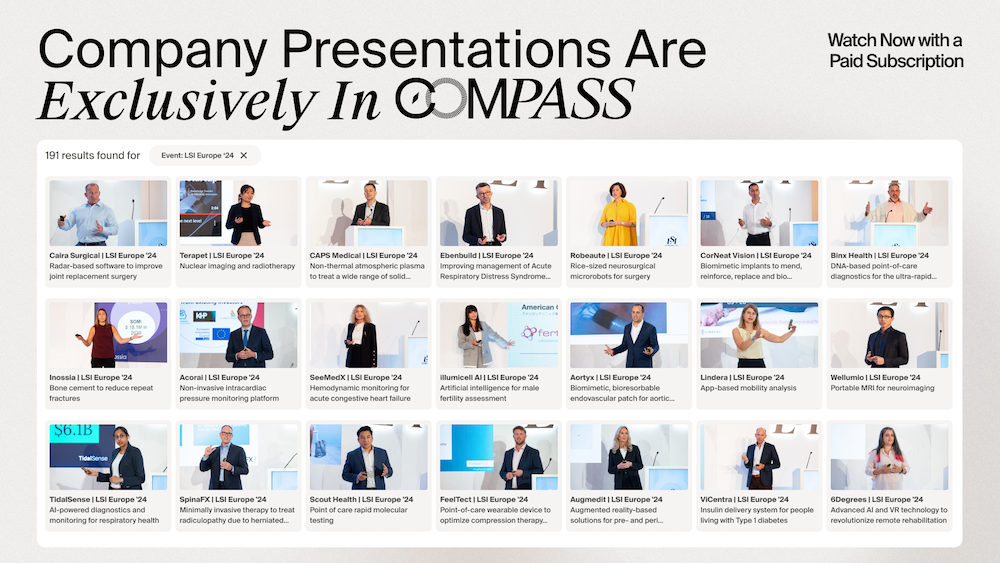- Video Library
- Paul Russo, Kyto - Medtech Investments | LSI Europe '22
Paul Russo, Kyto - Medtech Investments | LSI Europe '22
shaping the future of
Medtech at LSI USA ‘26
Waldorf Astoria, Monarch Beach

Paul Russo
Strong vision and strategy skills. Good at understanding technology adoption trends. Significant experience in public and private high tech boards. Strong experience in investing at the seed/angel level in technology and life science. Seeking public company board position in a company that is re-thinking its strategy and would benefit from a strong visionary leader. Very experienced in rapidly growing auto safety systems from camera processors to Head-Up displays. More recently, gaining a lot of experience from investing in Life Science start-ups via KYTO. Active in the Band of Angels and the Keiretsu Forum
Paul Russo
Strong vision and strategy skills. Good at understanding technology adoption trends. Significant experience in public and private high tech boards. Strong experience in investing at the seed/angel level in technology and life science. Seeking public company board position in a company that is re-thinking its strategy and would benefit from a strong visionary leader. Very experienced in rapidly growing auto safety systems from camera processors to Head-Up displays. More recently, gaining a lot of experience from investing in Life Science start-ups via KYTO. Active in the Band of Angels and the Keiretsu Forum

17011 Beach Blvd, Suite 500 Huntington Beach, CA 92647
714-847-3540© 2026 Life Science Intelligence, Inc., All Rights Reserved. | Privacy Policy







